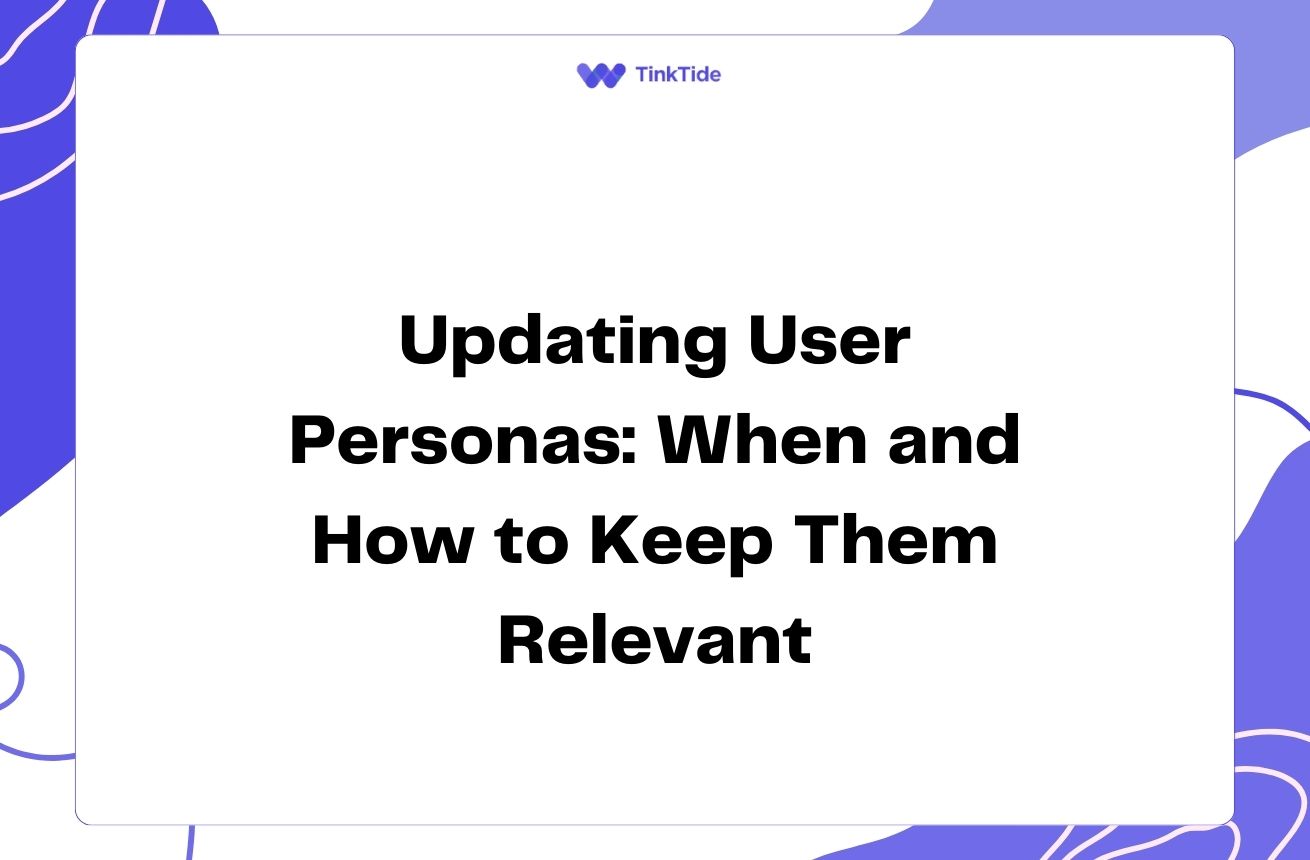Essential SEO Strategies to Boost Your Website's Visibility
Understanding the Basics of SEO
Search Engine Optimization (SEO) is crucial for improving your website's visibility in search engine results pages (SERPs). By implementing effective SEO strategies, you can increase organic traffic and attract more potential customers to your site.
SEO involves optimizing various elements of your website, including content, structure, and technical aspects. The goal is to make your site more appealing to both search engines and users, ultimately improving your rankings for relevant keywords.
Before diving into specific strategies, it's important to understand that SEO is an ongoing process. Search engines regularly update their algorithms, so staying informed about the latest trends and best practices is essential for long-term success.
On-Page Optimization Techniques
On-page optimization focuses on improving individual web pages to rank higher in search results. Here are some key techniques to implement:
- Optimize title tags and meta descriptions for each page
- Use header tags (H1, H2, H3) to structure your content
- Include relevant keywords naturally throughout your content
- Optimize images with descriptive alt text and file names
- Improve page loading speed for better user experience
Creating High-Quality, Relevant Content
Content is king in the world of SEO. Search engines prioritize websites that provide valuable, relevant information to users. To improve your content strategy:
Conduct thorough keyword research to identify topics your target audience is searching for. Use tools like Google Keyword Planner or SEMrush to find relevant keywords with good search volume and manageable competition.
Create in-depth, informative content that addresses user intent. This could include blog posts, how-to guides, or comprehensive resources related to your industry. Aim for a mix of evergreen content and timely, trending topics.
Regularly update and refresh your existing content to keep it relevant and accurate. This signals to search engines that your site is actively maintained and provides up-to-date information.
Building High-Quality Backlinks
Backlinks from reputable websites are a crucial factor in SEO. They signal to search engines that your content is valuable and trustworthy. To build a strong backlink profile:
Create linkable assets such as infographics, research studies, or comprehensive guides that other websites would want to reference. Promote these assets through outreach and social media to increase their visibility.
Engage in guest posting on relevant industry blogs. This allows you to showcase your expertise while earning valuable backlinks to your website.
Participate in industry forums, Q&A sites, and social media discussions. While these may not always result in direct backlinks, they can increase your visibility and lead to natural link-building opportunities.
Optimizing for Local SEO
For businesses with a physical presence, local SEO is crucial. To improve your local search visibility:
Claim and optimize your Google My Business listing. Ensure all information is accurate and up-to-date, including your business name, address, phone number, and hours of operation.
Encourage customers to leave reviews on your Google My Business profile and other relevant platforms. Positive reviews can significantly impact your local search rankings.
Create location-specific pages on your website if you have multiple locations. Optimize these pages with local keywords and relevant information for each area you serve.
Technical SEO Considerations
Technical SEO ensures that search engines can crawl and index your site effectively. Key areas to focus on include:
- Implement a secure HTTPS connection for your entire website
- Create and submit an XML sitemap to search engines
- Optimize your site's mobile responsiveness and loading speed
- Use schema markup to provide additional context about your content
- Fix broken links and implement proper redirects when necessary
Monitoring and Analyzing SEO Performance
Regularly monitoring your SEO performance is crucial for identifying areas of improvement and measuring the success of your strategies. Use tools like Google Analytics and Google Search Console to track key metrics such as:
- Organic traffic and search rankings
- Click-through rates (CTR) for your pages in search results
- Bounce rate and time on site for organic visitors
- Crawl errors and indexing issues
- Backlink profile and domain authority
Analyze this data regularly to identify trends, opportunities, and potential issues. Use these insights to refine your SEO strategy and prioritize your efforts for maximum impact.
Address common questions
Here are some frequently asked questions about SEO strategies:
How long does it take to see results from SEO efforts?
SEO is a long-term strategy, and results can vary depending on factors such as your industry, competition, and the current state of your website. Generally, you may start seeing improvements in 3-6 months, but significant results often take 6-12 months or more.
Is it better to focus on on-page SEO or link building?
Both on-page SEO and link building are important components of a comprehensive SEO strategy. Start by optimizing your on-page elements, as this provides a solid foundation. Once your on-page SEO is strong, focus on building high-quality backlinks to further improve your authority and rankings.
How often should I update my website's content for SEO?
Regularly updating your content is beneficial for SEO. Aim to publish new content at least 2-4 times per month, and review and update existing content every 3-6 months. This shows search engines that your site is active and provides fresh, relevant information to users.
What are some common SEO mistakes to avoid?
Common SEO mistakes include keyword stuffing, neglecting mobile optimization, having duplicate content, ignoring site speed, and failing to use proper header tags. Also, avoid purchasing low-quality backlinks or using black hat SEO techniques, as these can result in penalties from search engines.
How important is social media for SEO?
While social media signals are not a direct ranking factor, social media can indirectly benefit your SEO efforts. Social media helps increase brand awareness, drive traffic to your website, and can lead to more natural backlinks as your content is shared across platforms.
Provide additional resources
Google's SEO Starter Guide
A comprehensive guide to SEO basics from Google
Moz's Beginner's Guide to SEO
An in-depth resource covering all aspects of SEO
Google Search Console
A free tool to monitor and troubleshoot your site's presence in Google Search results
SEMrush Academy
Free courses and certifications on various SEO topics
Ahrefs Blog
Regular articles and tutorials on SEO strategies and best practices
Summarize key takeaways
Implementing effective SEO strategies is crucial for improving your website's visibility and driving organic traffic. Focus on creating high-quality, relevant content, optimizing on-page elements, building authoritative backlinks, and ensuring technical SEO best practices are followed.
Remember that SEO is an ongoing process that requires patience and consistent effort. Regularly monitor your performance, stay updated on industry trends, and be prepared to adapt your strategies as search engines evolve.
By applying these essential SEO strategies and continuously refining your approach, you can improve your website's rankings, attract more qualified traffic, and ultimately grow your online presence and business.
Take Your SEO to the Next Level
Ready to boost your website's visibility? Try our SEO tools and start climbing the search rankings today!
Start Your Free Trial

